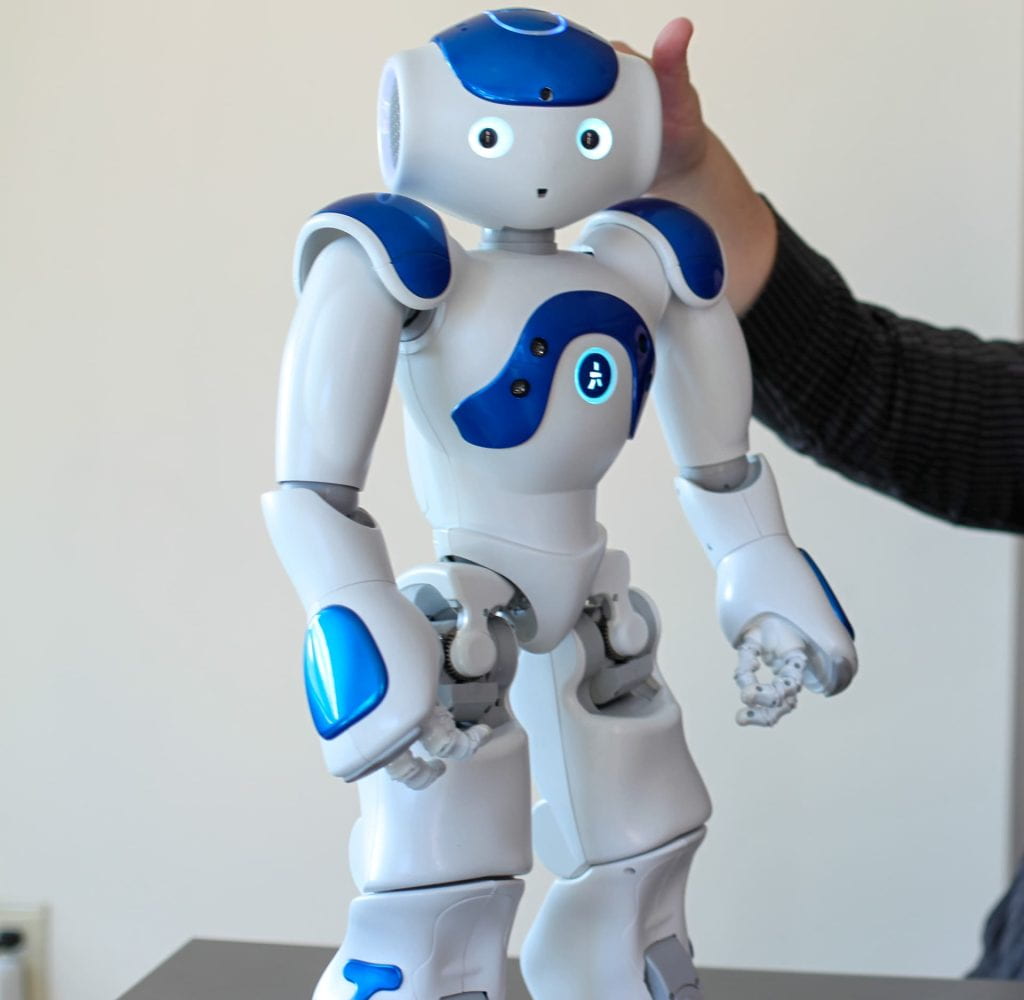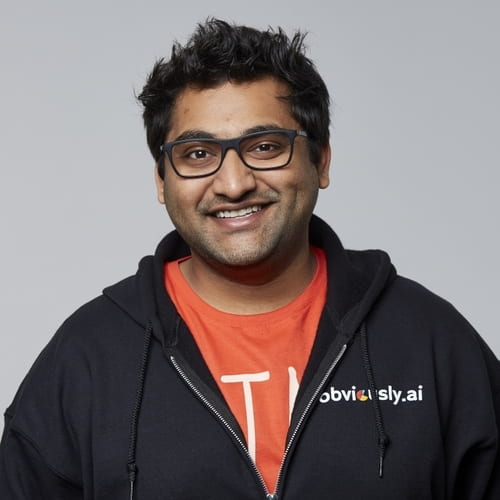December 6, 2021 A recording of this talk can be found here. This TASTE (Talk About Science and Technology Experience) Seminar will feature Dr. Jason Moore, founding Chair of the Department of Computational Biomedicine at Cedars-Sinai Medical Center. He will be joining us for this exciting virtual event examining the expanding opportunities for the use of…
Machine Learning In Biomedical Research (feat. Dr. Jason Moore)






